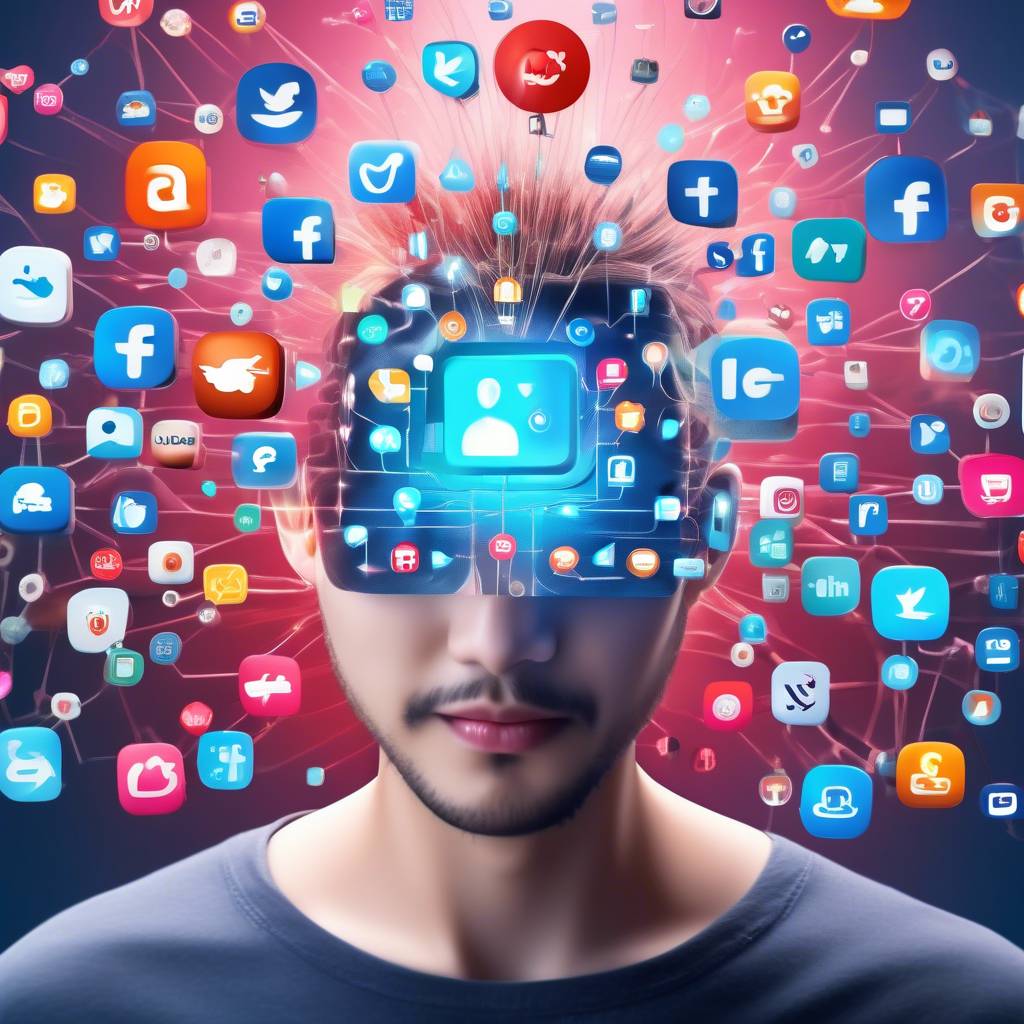The rise of generative AI content is rapidly increasing as web managers and publishers look for ways to optimize and streamline productivity. However, as AI content continues to evolve, questions are arising about the implications of AI overtaking human input on the internet. Social platforms such as X (formerly Twitter) and Meta are limiting API access to protect their datasets, leading AI start-ups to seek new inputs for their Large Language Models (LLMs). Companies like Google are striking deals with social platforms like Reddit to incorporate their data into AI systems, pointing to a growing trend of social platforms seeking new revenue streams through data insights.
The demand for valuable training data for AI models is steadily increasing, leading organizations like OpenAI to consider training their models on publicly available YouTube transcripts. While AI tools are capable of producing human-like text on various topics, they still rely on human-created examples in their databases to function. These AI systems lack true intelligence and are not a replacement for human intelligence. The ultimate goal of Artificial General Intelligence (AGI) is to replicate human thinking and reasoning, but current AI systems are far from achieving the level of cognitive abilities that humans possess.
Despite concerns from some AI critics about the potential of AI systems rendering humans obsolete, AI academics argue that we are not close to achieving AGI. Meta’s Chief AI scientist Yann LeCun points out that current AI lacks essential characteristics of intelligent behavior such as understanding the physical world, reasoning, and planning. LLMs rely on human insights derived from the internet, but lack the interactive capacity needed for true learning. The reliance on language-based data limits the ability of AI systems to fully understand human interactions and considerations.
The current wave of AI development is leading to the dilution of human interaction online, with AI outputs increasingly replacing genuine human input. As social platforms make it easier for users to enhance their content with AI-generated text, concerns are growing about the impact on digital interaction. The systematic creation of content by AI could potentially undermine the social aspect of social media platforms and drive users towards more private communication channels. This shift could lead to a reduction in human input for LLMs over time, threatening the foundation of these systems and raising questions about the future of online communication.
The erosion of genuine human interaction in favor of AI-generated content raises ethical concerns about the authenticity of online interactions. While AI tools can drive progress in discovery and process, the loss of human creativity and insight may ultimately result in a less vibrant digital landscape. The rapid evolution of AI technology and its integration into various platforms highlights the need for ongoing discussions about the balance between technological advancement and human authenticity. As AI continues to shape the future of digital content, it is essential to consider the implications of relying on AI for communication and creativity.









